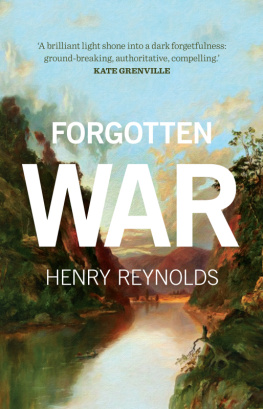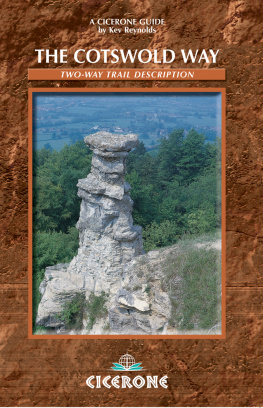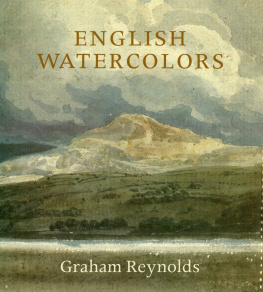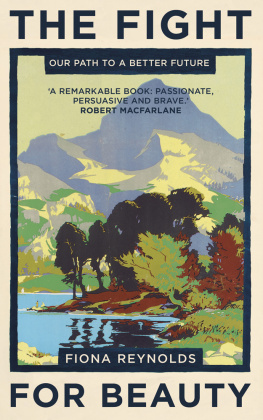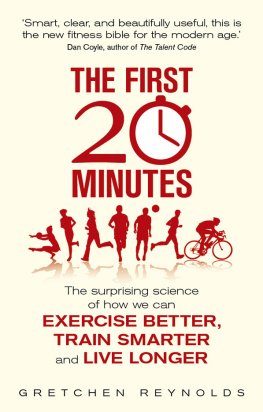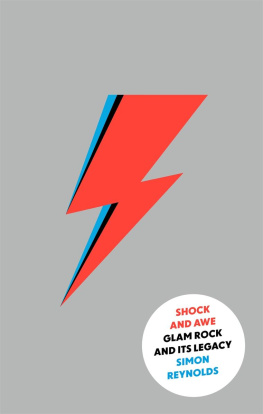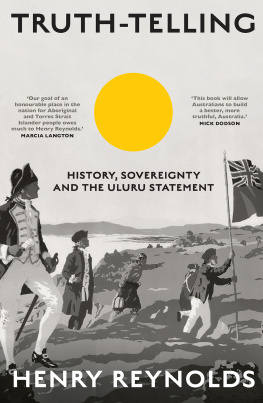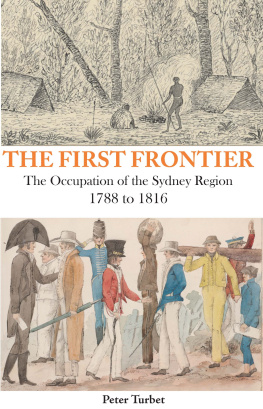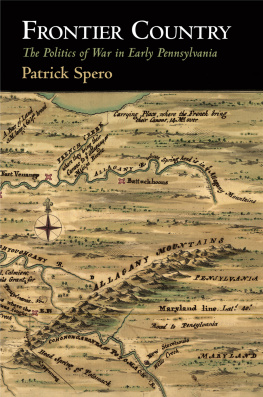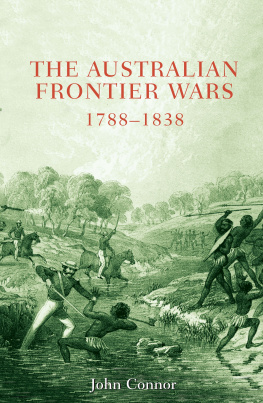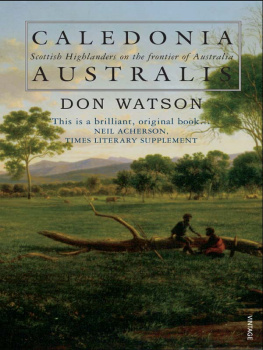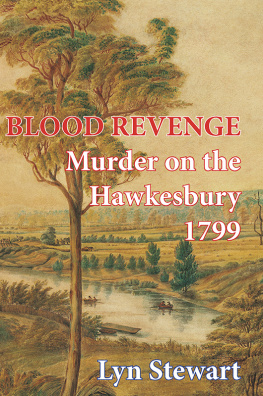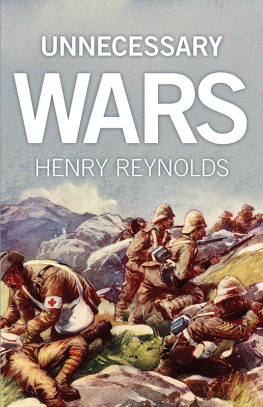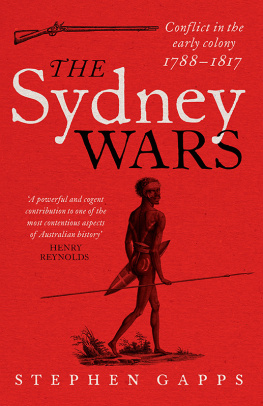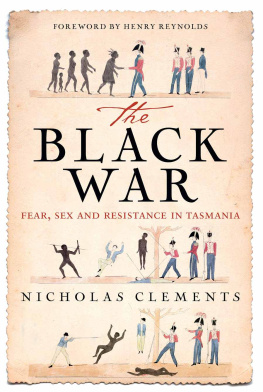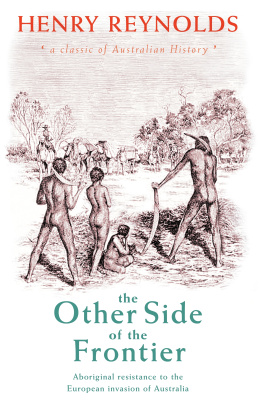FORGOTTEN
WAR
HENRY REYNOLDS is one of Australias best known historians. He grew up in Hobart and was educated at Hobart High School and the University of Tasmania. In 1965 he accepted a lectureship at James Cook University in Townsville, which sparked an interest in the history of relations between settlers and Aborigines. His pioneering scholarly work, especially The Other Side of the Frontier (1981), was critical in changing understandings of the Australian frontier. With The Law of the Land (1987), this prolific historian increasingly engaged with contemporary legal and political issues. In morally charged works such as This Whispering in Our Hearts (1998) and Why Werent We Told? (1999), he gave the cause of reconciliation a historical underpinning. In 2000 he took up a professorial fellowship at the University of Tasmania. Since then he has written Drawing the Global Colour Line with Marilyn Lake and co-authored Whats Wrong with Anzac?
FORGOTTEN
WAR
HENRY REYNOLDS

A NewSouth book
Published by
NewSouth Publishing
University of New South Wales Press Ltd
University of New South Wales
Sydney NSW 2052
AUSTRALIA
newsouthpublishing.com
Henry Reynolds 2013
First published 2013
This book is copyright. Apart from any fair dealing for the purpose of private study, research, criticism or review, as permitted under the Copyright Act, no part may be reproduced by any process without written permission. Inquiries should be addressed to the publisher.
National Library of Australia Cataloguing-in-Publication entry
Author: Reynolds, Henry, 1938 author.
Title: Forgotten war/Henry Reynolds.
ISBN: 9781742233925 (paperback)
9781742241531 (epub)
9781742243986 (mobi)
9781742246499 (ePDF)
Notes: Includes index.
Subjects: Aboriginal Australians History.
Aboriginal Australians Wars.
Australians Wars.
Genocide Australia.
Australia Colonisation History.
Australia Race relations History.
Dewey Number: 994.0049915
Cover Xou Creative
Cover art William Charles Piguenit (18361914), Hawkesbury River with Figures in Boat: On the Nepean (1881), oil on canvas, 106.5 cm x 92 cm, Wikimedia Commons

Contents
Acknowledgments
With a book like this based on many years of research and reading it is not possible to acknowledge the many people who provided me with assistance, information and inspiration. I am keenly aware that I have been a contributor to that great intellectual and cultural movement that in a little over a generation has transformed the nations understanding of both traditional Aboriginal society and the relations between Indigenous and settler Australians. Many people have had a hand in this transformation historians, lawyers, archaeologists, anthropologists, novelists, painters, poets, filmmakers and dramatists.
My family has tolerated my often obsessive participation in this project for many years.
I have been fortunate also in having enduring support from two universities, James Cook University and the University of Tasmania, from the Australian Research Council and from the Australia Council. I have had the assistance of librarians and archivists in libraries and research collections all over Australia and in Great Britain, the United States and Switzerland.
There are many scholars whose work I have read and have benefited from. But in a more specific sense I should acknowledge the people who have produced new work over the last few years, including Bill Gammage, Lyndall Ryan, Ray Evans, Robert rsted-Jensen, Timothy Bottoms, Tony Roberts, Rob Foster and Amanda Nettelbeck, Jonathan Richards, Darrell Lewis and Peter Stanley. I have worked in recent years with a number of colleagues in Tasmania, including Ian Macfarlane, Graeme Calder, Patsy Cameron, Mike Powell, Nicholas Clements and Deb Wilson.
This book brings together my writing on the Australian frontier with my more recent interest in the history of war and what has been called the militarisation of Australian history. In this endeavour I have worked to great advantage with Marilyn Lake, Mark McKenna and Joy Damousi.
I also owe a debt of gratitude to the three people who have done the most to bring this project to fruition, Lyn Tranter, Phillipa McGuinness and Nicola Young.
Introduction
My interest in frontier conflict goes back a long way. It featured in my first two publications, a book of documents called Aborigines and Settlers published in 1972, and The Other Side of the Frontier, which came out ten years later. But my long engagement began by chance.
While living in London I quite unexpectedly received the offer of a lectureship at the Townsville University College. I had never heard of the institution and knew nothing about the town. But it was a ticket back to Australia and within a few months I was teaching Australian history to two small classes from a prescribed textbook that, typical of the time, didnt mention the Aborigines. It was an absence I did not immediately notice.
I initially became interested in the local Aboriginal and Torres Strait Islander communities and only later began exploring the past. What was immediately apparent was the amount of everyday public violence. Racial abuse was commonplace. So were fights, sometimes involving brawling groups of men spilling out of the pubs onto the nearby footpaths and roads. There was an unmistakable undercurrent of anger and animosity.
It was shocking and unanticipated. I had not experienced anything like it while growing up in Tasmania and nothing I had learnt about Australian history might have prepared me for it. But it pushed me into a crusade to learn more about the past, both to help with contemporary understanding and to make my teaching more relevant to my local students, most of whom had grown up in the north and in many cases had not travelled further south than Brisbane. I became convinced that everyday violence, and the casual acceptance of it, must have deep historical roots. And I knew nothing about them.
But the planned exploration was a more difficult task than I had at first realised. There was little enough in the library about Indigenous history in Australia as a whole and even less about Queensland. The only way forward was to plunge straight into the historical documents. My first ever postgraduate student, Noel Loos, was able to use the files of the Port Denison Times, dating from the 1860s, which were still held in the newspaper office in Bowen. What both of us found almost immediately was abundant evidence of frontier violence. It was not a case of seeking it out the evidence spilled unbidden from the contemporary record like blood from an open wound. It was unavoidable, incontrovertible. To ignore it was out of the question.
By the time I had pursued my project in libraries and archives all over the country, many other researchers, too numerous to mention, had begun to map out the broader history of EuropeanAboriginal relations. The field became one of the busiest and most creative areas of a rapidly maturing Australian historiography. Scholars moved in many directions but few called into question the original perception we had developed in Townsville about the central importance of frontier conflict to an understanding of both the past and the present. There was also broad consensus that it was a major, albeit long-overlooked, theme of the national story. At the same time prehistorians were revolutionising our understanding of the great antiquity of Aboriginal occupation of the continent. Linguists and anthropologists were recording the precious memories of old tribal men and women who had experienced the dramatic impact of the first white men entering their traditional homelands when they were children.
Next page
